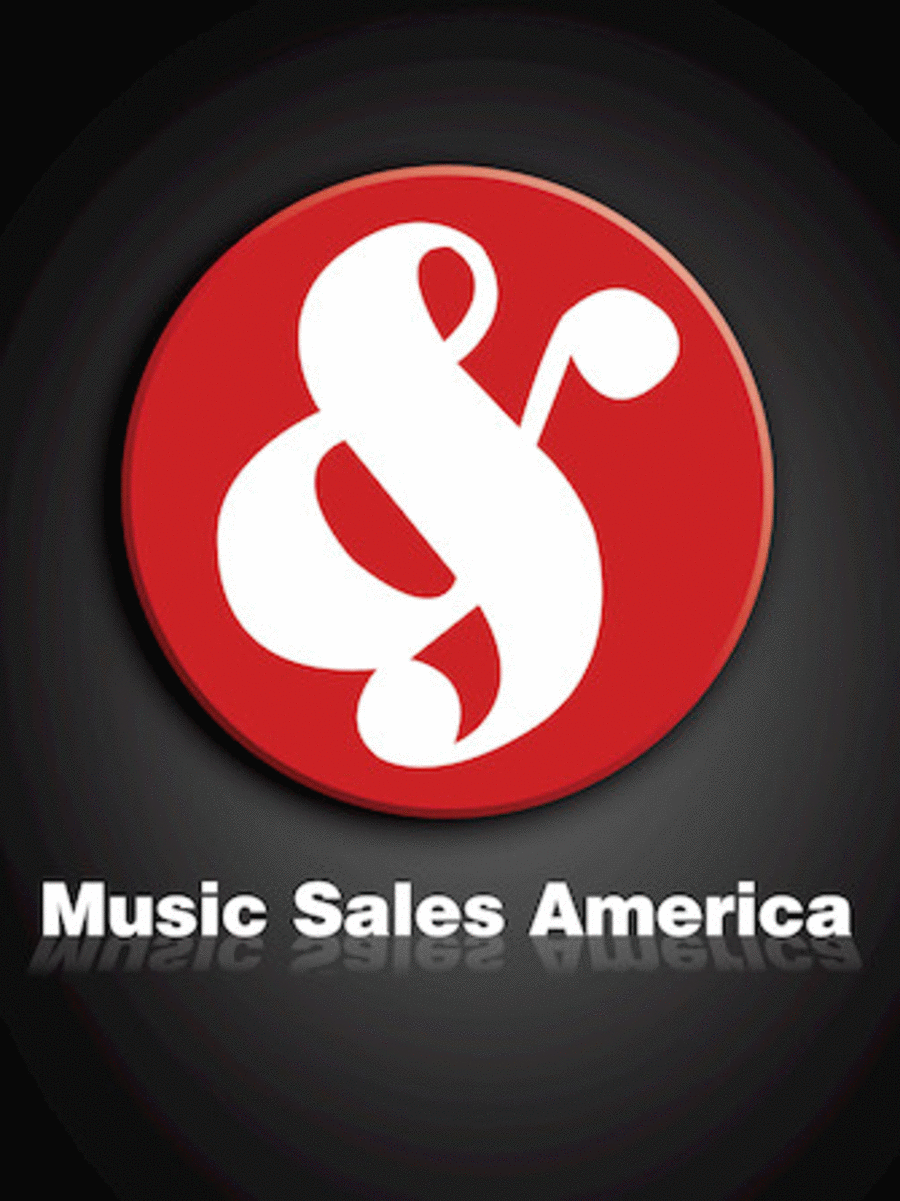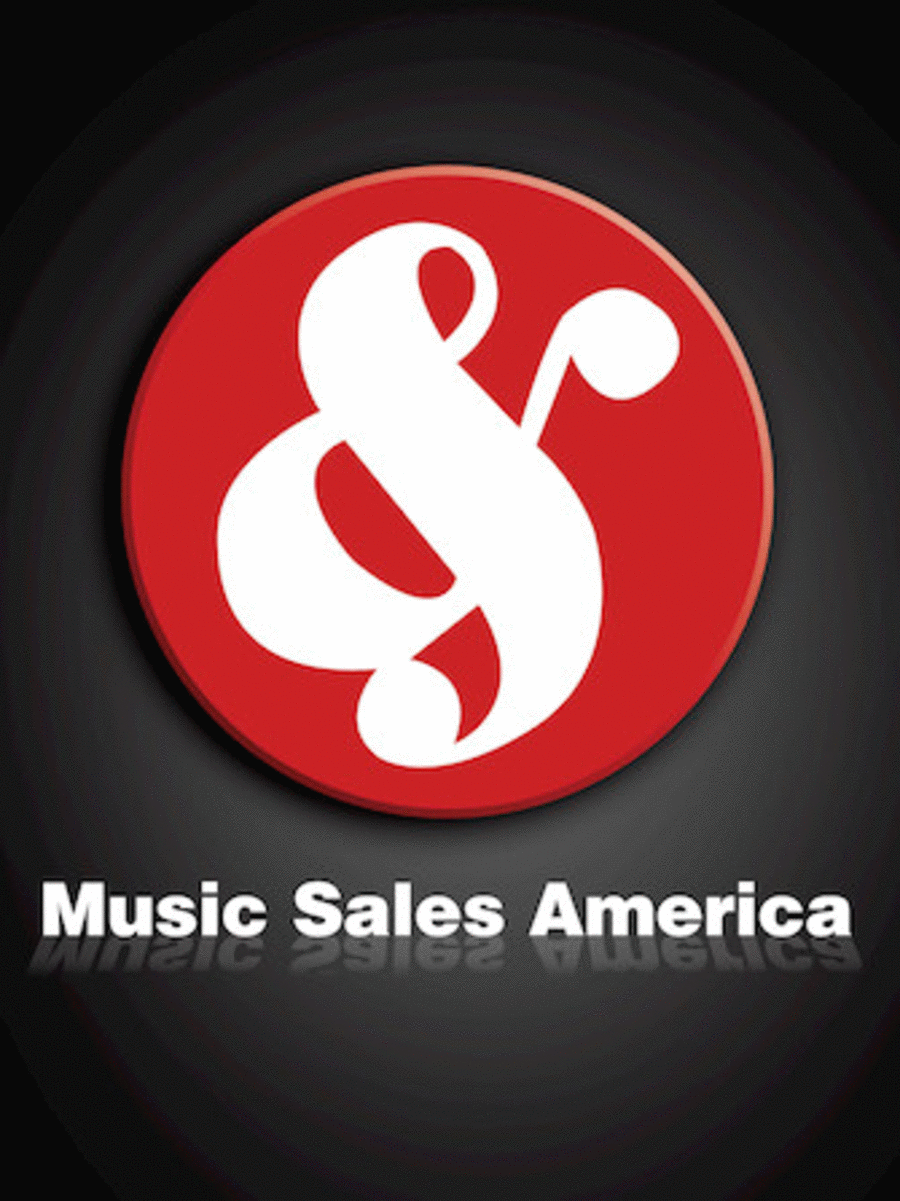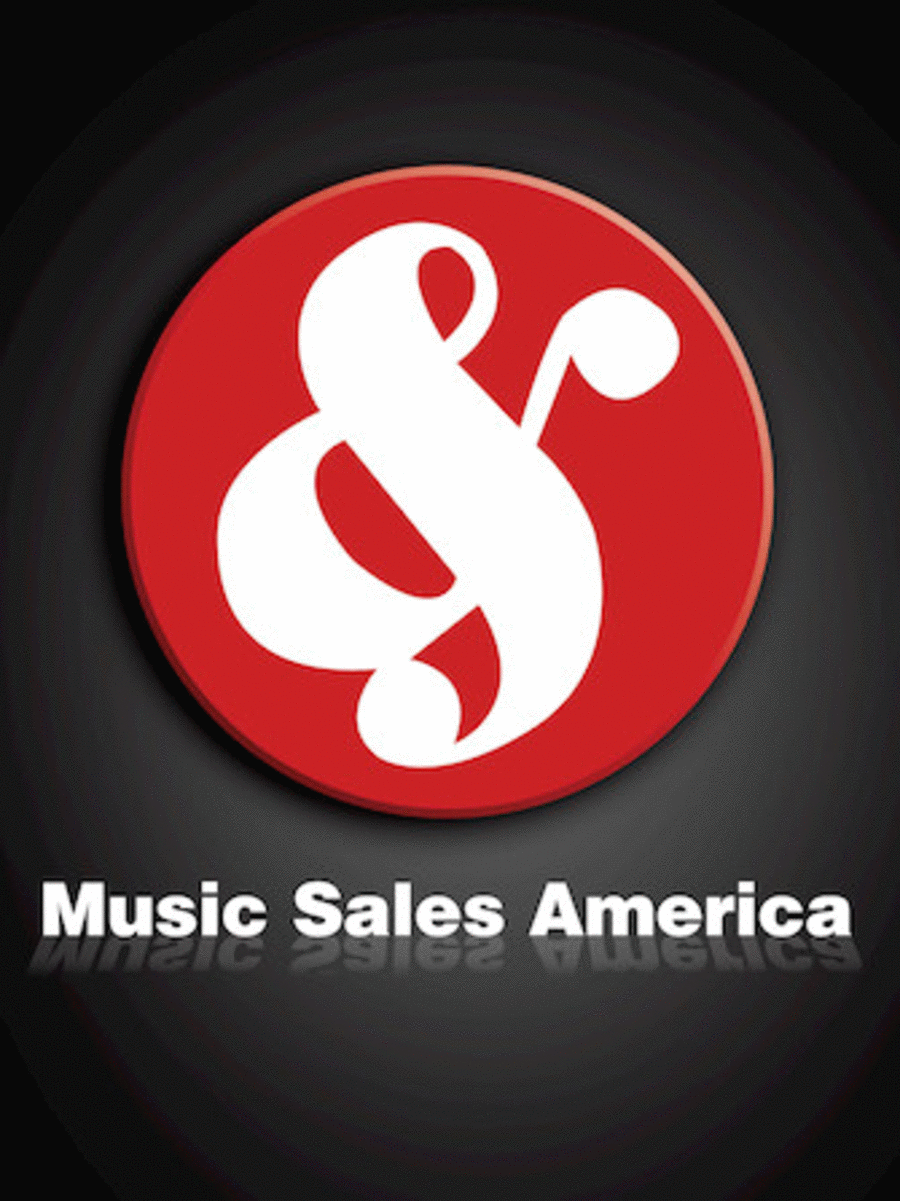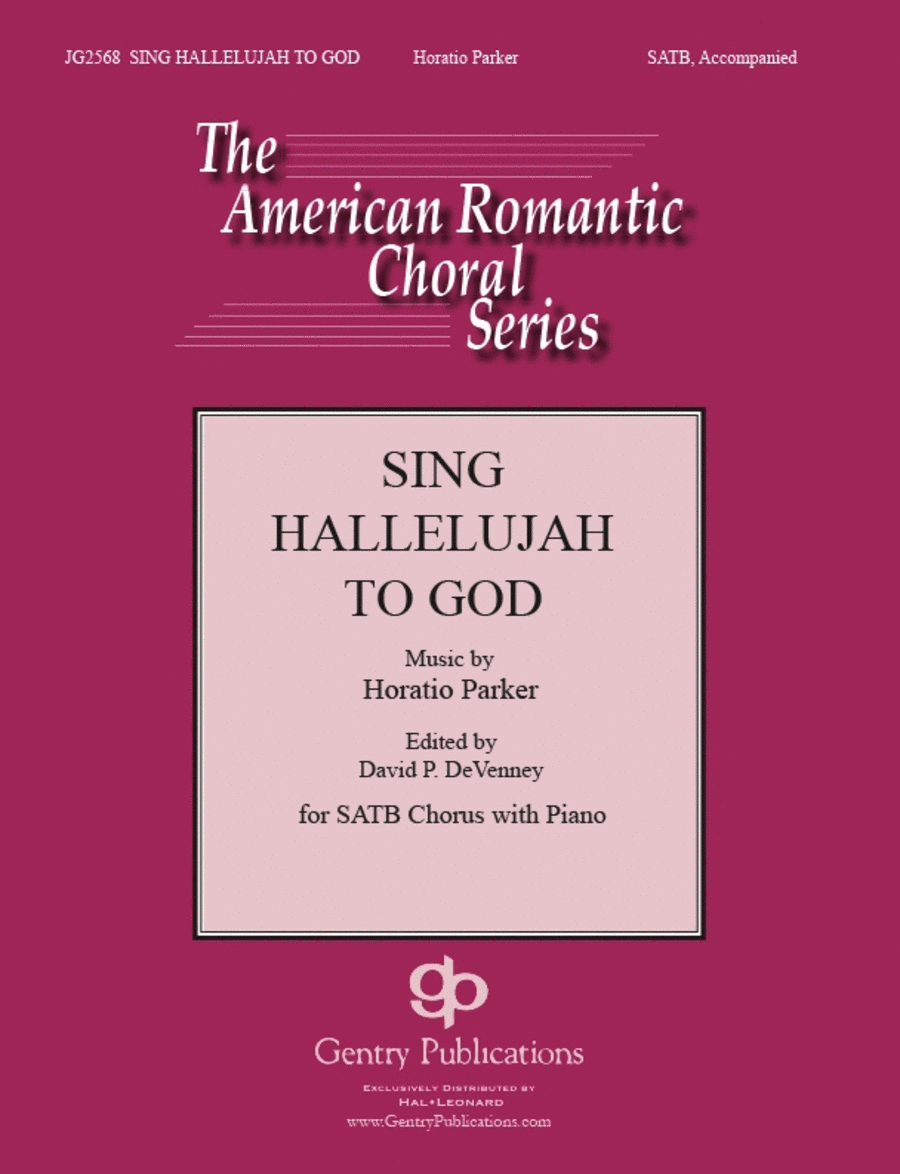Horatio Parker (1863 - 1919)
 États-Unis
États-Unis
 États-Unis
États-UnisHoratio William Parker (September 15, 1863 – December 18, 1919) was an American composer, organist and teacher. He was a central figure in musical life in New Haven, Connecticut in the late 19th century, and is best remembered as the undergraduate teacher of Charles Ives while the composer attended Yale University .
He was born in Auburndale, Massachusetts. After early study in the United States with George Whitefield Chadwick and others, he went to Europe, a common destination for a young ... (Read all)
Source : Wikipedia
He was born in Auburndale, Massachusetts. After early study in the United States with George Whitefield Chadwick and others, he went to Europe, a common destination for a young ... (Read all)
Source : Wikipedia
FREE SHEET MUSIC ROMANTIC
Active criterias:
Search #Romantic
| ||||||||||||||||||||












